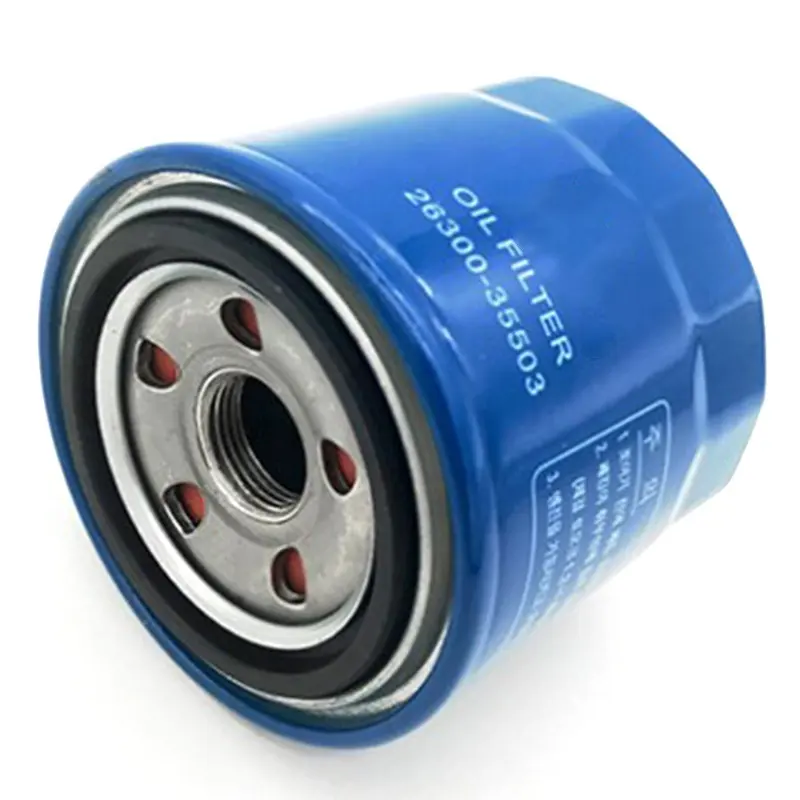Aug . 15, 2024 18:09 Back to list
Exploring the Benefits and Efficiency of Honeycomb Air Filters for Improved Indoor Air Quality
The Benefits of Honeycomb Air Filters A Comprehensive Overview
In today's world, the quality of the air we breathe is a growing concern, whether at home, in the office, or within industrial environments. One innovative solution that has emerged to address air quality issues is the honeycomb air filter. This type of air filtration system is designed to improve indoor air quality (IAQ) by utilizing a unique structural design that enhances efficiency and effectiveness in capturing airborne particles and pollutants.
What Are Honeycomb Air Filters?
Honeycomb air filters are so named because of their geometric structure, which resembles a honeycomb. This design consists of a series of hexagonal cells that create a large surface area while maintaining minimal resistance to airflow. The materials typically used in these filters are often advanced fibers or activated carbon, which can effectively trap pollutants such as dust, pollen, smoke, and even volatile organic compounds (VOCs).
Advantages of Honeycomb Air Filters
1. Increased Filtration Efficiency One of the primary benefits of honeycomb air filters is their efficiency in trapping airborne particles. The honeycomb structure allows for a greater surface area that can capture more dust and allergens while facilitating optimal airflow. This ensures that the filter not only cleans the air effectively but also allows heating, ventilation, and air conditioning (HVAC) systems to operate efficiently.
2. Longevity and Durability Compared to traditional air filters, honeycomb air filters tend to have a longer lifespan. Their robust design can withstand higher air pressure and resist degradation over time, thus reducing the frequency of replacements. This longevity translates to cost savings for both residential and commercial users.
honeycomb air filter

3. Versatility of Applications Honeycomb air filters can be used across various applications, from residential HVAC systems to industrial environments requiring strict air quality control. They are especially beneficial in cleanrooms, laboratories, and hospitals, where maintaining a high level of air purity is critical.
4. Reduction of Odors Many honeycomb air filters incorporate activated carbon elements that excel at adsorbing odors from various sources, including cooking, pets, and smoke. This capability helps to create a more pleasant indoor environment by neutralizing unpleasant smells.
5. Energy Efficiency With their low airflow resistance and high filtration efficiency, honeycomb air filters can contribute to lower energy consumption. When HVAC systems do not have to work as hard to circulate air, energy bills can decrease, making these filters an eco-friendly choice as well.
6. Environmentally Friendly Many modern honeycomb air filters are designed to be recyclable or made from sustainable materials. As awareness of environmental issues grows, consumers are increasingly seeking filtration solutions that minimize their ecological impact.
Conclusion
In summary, honeycomb air filters offer an innovative solution for improving indoor air quality through their unique design and efficiency. Their advantages, including increased filtration efficiency, longevity, versatility, odor reduction, energy savings, and environmental friendliness, make them a compelling choice for both residential and commercial settings. As awareness of air quality continues to rise, investing in advanced filtration systems like honeycomb air filters can lead to a healthier, more comfortable living or working environment while contributing to sustainability initiatives.
For anyone looking to enhance their air quality management strategy, honeycomb air filters present a modern, effective solution to ensure that the air we breathe is clean and healthy.
-
Toyota Corolla Hatchback Cabin Air Filter – High Efficiency & Easy Installation
NewsJul.08,2025
-
Premium Canister Fuel Filter Supplier High Quality Oil Filtration Solutions
NewsJul.08,2025
-
Premium Car Filter Oil Solutions Leading Car Oil Filter Exporter Hyundai Car Oil Filter Exporters
NewsJul.08,2025
-
Buy 17x21x1 Air Filter – Improve Air Quality & HVAC Efficiency Affordable Air & Cabin Air Filter Cost
NewsJul.07,2025
-
High-Performance Filter Element Fuel – Durable, Efficient & Cost-Effective Solutions
NewsJul.07,2025
-
High-Quality Engine Filter and Cabin Filter for Superior Airflow Affordable Cabin and Engine Air Filter Cost
NewsJul.07,2025


